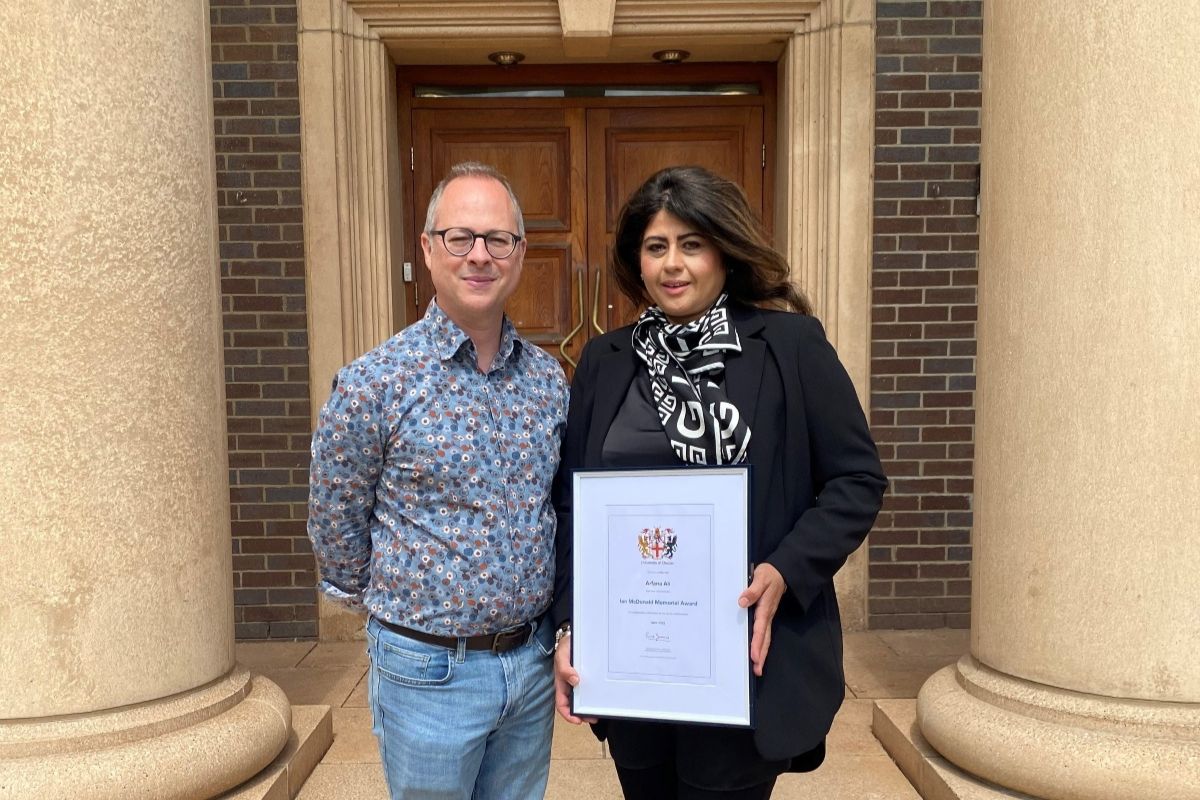Energy
The energy market is different to most other goods and services you buy and is different to the domestic energy market for home use, for example:
there’s usually no cooling off period
prices are not capped
separate contracts are required for gas and electricity
at the end of the contract, if no action is taken, you will move to a higher uncompetitive cost, known as the ‘deemed rate’
energy prices can fluctuate rapidly from day to day
The Get help buying for schools service is available to help and support in scope schools and trusts with their procurement activity.
When buying energy it’s important that you consider:
the duration of the energy contract
fixed, flexible or variable energy costs contracts
who you’re buying from
Reduced rate VAT
If you’re an academy, you should pay a reduced rate VAT of 5% on your energy bills. You do not need to pay the climate change levy.
Emergency contact details
If your annual gas consumption is above 732,550 kwh (25,000 therms) you need to provide emergency 24-hour contact names and phone numbers when completing your contract.
You will not be able to register your site with a new supplier without this contact information.
Choose a pricing option
For gas, only 65% of your bill is made up of gas. The rest is made up of network costs set by Ofgem and other costs fixed by the government.
For electricity 50% of your bill is made up of electricity costs. The rest is made up of network costs set by Ofgem and other costs fixed by the government. These costs are referred to as pass through costs.
Fully fixed prices
You’ll get a fixed cost per kWh throughout the length of your contract, including network costs (electricity) or fixed standing charge (gas).
Fixed price contract
Energy is purchased in advance of the contract start date. You’ll get a fixed cost per kWh throughout the length of your contract.
In high priced or volatile markets you many want a shorter length contact, for example no more than 12 months, to allow time to make an informed decision.
With gas, the standing charge is fixed. The standing charge is normally shown as a cost per day.
The electricity network costs may change if Ofgem approves changes. Your provider will notify you of cost changes.
Variable, locked or flexible basket price contract
This pricing option varies according to provider. Consider what each provider offers before you buy.
The price you pay for energy will vary during the length of your contract. This is because your provider purchases energy in blocks before and during the length of your contract. The gas standing charge will normally be a fixed cost per day. Electricity network charges will normally be passed through for these contracts
Fixed pricing
The benefits of fixed pricing are:
you know the rate before supply starts
you’re protected from increasing prices
The limitations of fixed pricing are:
you cannot benefit if market prices reduce
the price is fixed for the duration of the contract
Flexible or variable pricing
A benefit of flexible or variable pricing is that the price could reduce if the energy price reduced. However it’s harder to budget as the price isn’t known in advance and you’re not protected from increasing market prices.
There are multiple contract length options.
Level of support
Different framework providers offer different levels of support.
If you’re unfamiliar with the energy buying process, you may want to use a provider who offers more guidance. You can also contact our Get help buying for schools service.
Contract length
Typically 1, 2 or 3 year contracts are offered.
Longer term contracts
The benefits of longer term contracts are:
known contract details
less workload
less dates to manage
The limitations are:
longer term commitment
larger impact: you need to ensure it remains complaint and you understand the implications
to not forget to review before the contract ends
Shorter term contracts (typically 3 to 12 months)
Shorter term contracts mean you have more flexibility to change your approach. However you’ll need to manage renewal dates and quotes more often.
All energy contracts should be recorded in your contract register.











Responses